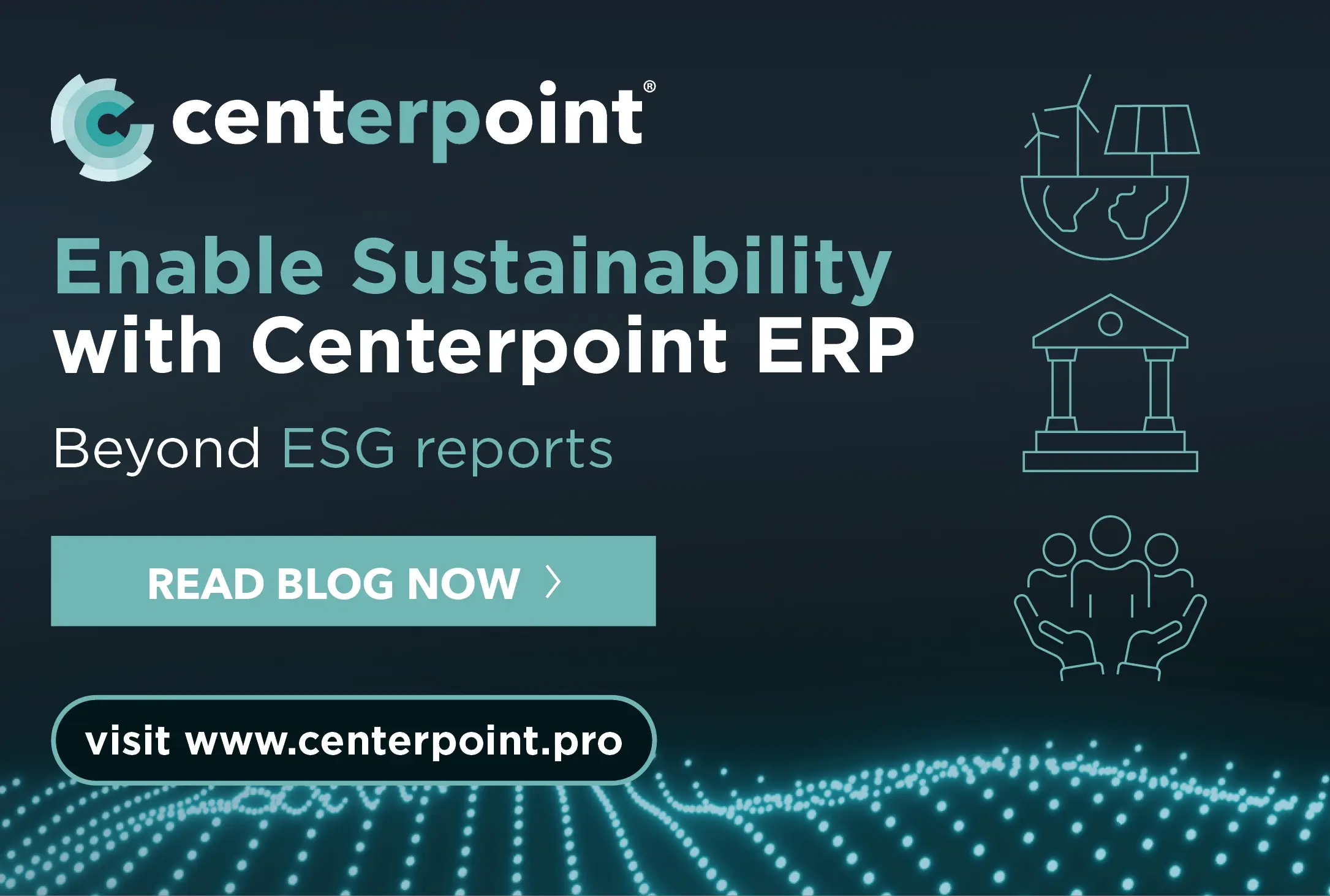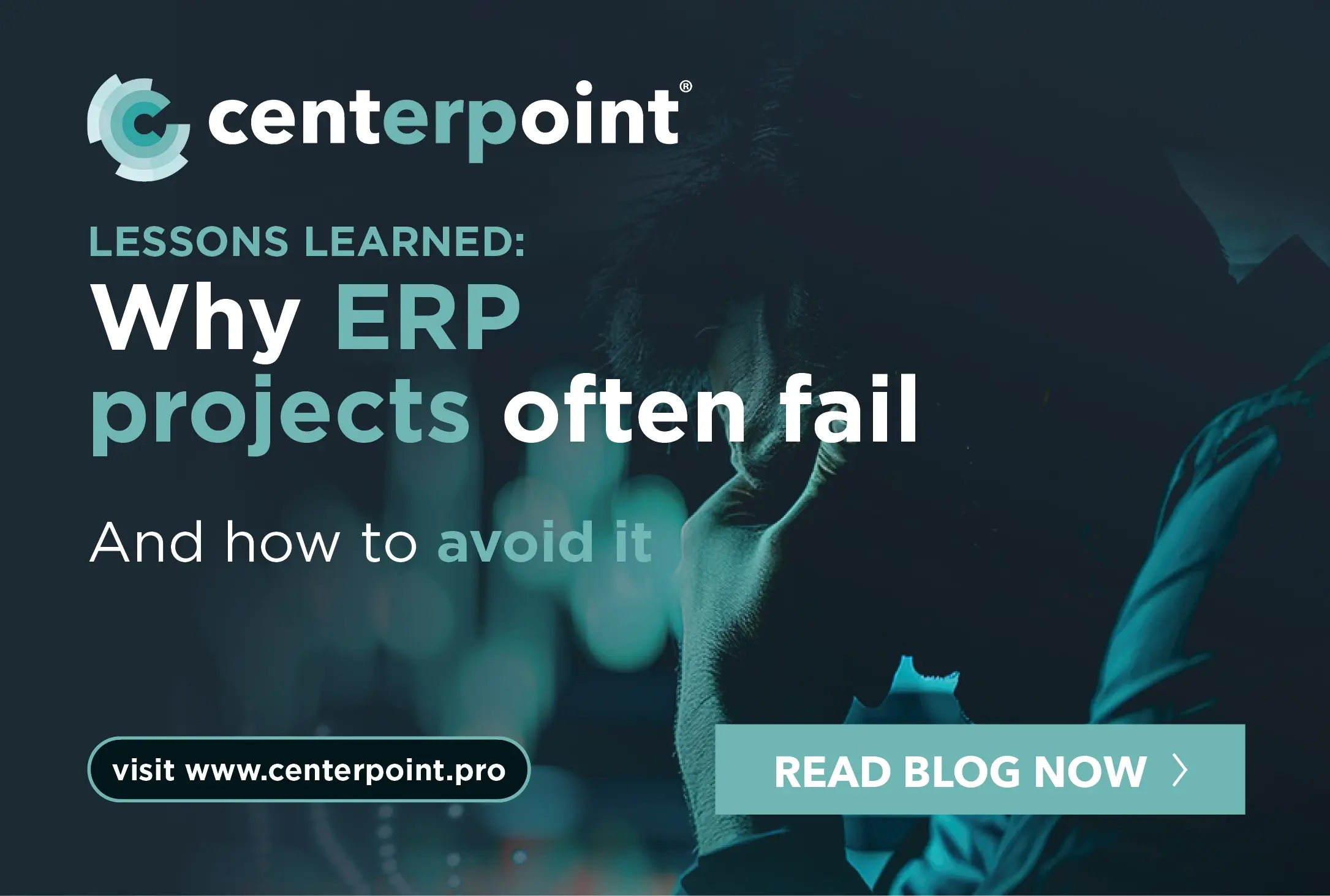In the wake of Budget 2024 being announced and the implications of windfall taxes on the oil and gas industry, businesses across sectors are seeking innovative solutions to streamline operations and drive cost savings.
Here is an overview of the good and the bad points of the Budget 2024 for industry businesses;
Good points for industry businesses in the Budget 2024:
1. Cut in national insurance: The reduction in national insurance contributions for both employees and self-employed individuals means more disposable income for workers, potentially stimulating consumer spending which can benefit businesses.
2. Alcohol duty freeze: With alcohol duty frozen, the cost of producing alcoholic beverages remains stable. This stability allows alcohol manufacturers to plan their production and pricing strategies more effectively without the concern of sudden increases in production costs due to higher duties.
3. Fuel duty freeze: The continuation of the freeze on fuel duty can be beneficial for businesses that rely on transportation, as it helps to keep their operational costs stable.
4. VAT threshold increase: The increase in the VAT registration threshold provides relief for small businesses, allowing them more room to grow without being burdened by VAT obligations.
Bad points for industry businesses in the Budget 2024:
1. Frozen thresholds: Despite the positive aspects of the budget such as the national insurance cut, frozen thresholds mean that the tax burden will continue to rise, potentially impacting both individuals and businesses negatively.
2. No income tax cut: The absence of an income tax cut means that individuals, including employees and business owners, won't benefit from direct tax relief, potentially impacting consumer spending and business investment.
3. Introduction of vaping duty: The imposition of a new duty on vaping products could negatively affect businesses such as manufacturing that operate in the vaping industry, potentially reducing consumer demand for these products.
4. Extension of windfall tax: The extension of windfall taxes until 2029 could deter investment, potentially impacting industries targeted by these taxes and limiting economic growth in those sectors.
5. Overall tax burden increase: Despite some positive measures, if the overall tax burden is still increasing, it could negatively affect businesses by reducing their profitability and hindering economic growth.
With these points in mind, the Budget 2024 presents a mix of opportunities and challenges for businesses across various sectors. While certain measures such as the reduction in national insurance contributions and the freeze on alcohol and fuel duties offer some respite, frozen thresholds, the absence of income tax cuts, and the introduction of new duties present hurdles that demand careful navigation.
In light of these circumstances, many businesses have had to take a more proactive approach towards financial management, seeking out innovative strategies to drive cost savings and enhance efficiency. Embracing new technology, optimising operational processes, and exploring alternative revenue streams are avenues that can be pursued to mitigate the impact of rising tax burdens and economic uncertainties.
Furthermore, the imperative for sustainable financial stability extends beyond 2024. In the face of evolving regulatory landscapes and shifting market dynamics, businesses must cultivate resilience and adaptability to ensure their longevity and success in the years ahead. By prioritising cost-saving measures and embracing change, businesses can navigate the challenges presented by the Budget 2024 and lay a robust foundation for sustained growth and prosperity in the future.
How ERP Can Drive Cost Savings for Your Business in 2024?
Enter Centerpoint ERP, a powerful software solution designed to optimise business processes and enhance efficiency. Let’s explore how Centerpoint ERP, a powerful ERP built for industry, can help organisations achieve substantial cost savings in light of the Budget 2024 and beyond.
1. Don't Lose Equipment:
Equipment loss can significantly impact organisations, both financially and operationally. With Centerpoint ERP, businesses can efficiently track equipment, ensuring visibility and accountability throughout the asset lifecycle. By implementing robust asset tracking capabilities, organisations can minimise losses and maximise asset utilisation, resulting in substantial cost savings.
2. Optimise Asset Maintenance:
Instead of resorting to costly equipment replacements, Centerpoint ERP empowers organisations to prioritise asset maintenance and preventive upkeep. By leveraging advanced maintenance scheduling features, businesses can extend the lifespan of assets, minimise downtime, and reduce maintenance costs, ultimately driving significant cost savings over time.
3. Ensure Compliance and Safety:
Centerpoint ERP's integrated Quality, Health, Safety, and Environment (QHSE) module enables organisations to maintain regulatory compliance and uphold safety standards effectively. By proactively addressing compliance requirements and mitigating risks, businesses can avoid costly penalties, protect the environment, and safeguard their reputation, resulting in long-term cost savings.
4. Comprehensive Information Management:
Centerpoint ERP is a centralised hub for managing all critical business information, eliminating the need for disparate systems and manual data entry. Further to this, excel spreadsheets are notorious for their limited scalability and susceptibility to errors.
With a user-friendly interface and intuitive navigation, Centerpoint ERP simplifies information management, facilitating seamless data access and decision-making. By transitioning to Centerpoint ERP, organisations can centralise data management, eliminating the need for manual data entry and reducing the risk of inaccuracies. And with real-time data integration and automated processes, Centerpoint ERP ensures data integrity, enabling organisations to make informed decisions and avoid costly errors.
5. Minimise Training Requirements:
Unlike complex ERP systems that require extensive training, Centerpoint ERP offers a user-friendly experience straight out of the box. With minimal training requirements, organisations can accelerate user adoption and maximise productivity, saving valuable time and resources associated with training programs.
6. Fast Deployment and Minimal Disruption:
Centerpoint ERP's rapid deployment capabilities enable organisations to go live in days (typically 3-4 weeks), not months. By minimising downtime and business disruption, Centerpoint ensures a seamless transition to the new ERP system, enabling businesses to maintain operational continuity and realise cost savings sooner.
7. Simplify System Complexity:
With Centerpoint there is no complexity with unmanageable configurations and exorbitant costs. Centerpoint ERP offers a streamlined solution with 8 modules available straight “out-of-the-box”, empowering organisations to optimise processes and reduce overhead expenses associated with maintaining complex systems.
8. Cost-Effective ERP:
Centerpoint's transparent pricing structure ensures easy buy-in from stakeholders, eliminating costly per-module or per-user charges. We also do not charge for updates and all modules are available to the end-user from “go-live”. You can choose to switch them all on straight away, or onboard them when the time is right for your team – at no extra cost to you.
9. Enhanced Reporting and Analytics:
Excel-based reporting often involves manual data manipulation and time-consuming processes. With Centerpoint ERP's reporting and analytics capabilities, organisations can access actionable insights via the built-in dashboards and generate customised reports effortlessly. By leveraging real-time data visualisation, businesses can identify trends, optimise performance, and drive strategic decision-making, resulting in significant cost savings and competitive advantage.
10. Improve Collaboration and Communication:
Excel-based workflows can hinder collaboration and communication, leading to inefficiencies and delays. With Centerpoint ERP's collaborative features and centralised communication channels, teams can seamlessly collaborate on projects, share information, and streamline workflows in real-time. By fostering a culture of collaboration and transparency, Centerpoint ERP enhances productivity, reduces cycle times, and minimises costs associated with miscommunication and duplication of efforts.
11. Vendor and Supplier Management:
Excel-based vendor management processes can be cumbersome and prone to errors, leading to missed opportunities for cost savings and negotiation leverage. Centerpoint ERP provides comprehensive vendor and supplier management capabilities, enabling organisations to centralise vendor data, track performance metrics, and negotiate more favourable terms and pricing agreements. By optimising vendor relationships and standardising procurement processes, businesses can reduce procurement costs, mitigate supply chain risks, and enhance operational efficiency.
12. Compliance and Regulatory Compliance:
Ensuring compliance with regulatory requirements is essential for avoiding penalties and legal liabilities. Excel-based compliance management processes lack the robust controls and audit trails necessary for demonstrating regulatory compliance effectively. With Centerpoint ERP's built-in compliance management features and audit trails, organisations can streamline compliance workflows, mitigate compliance risks, and avoid costly penalties and fines. By proactively addressing regulatory requirements and maintaining compliance standards, businesses can protect their reputation, minimise legal costs, and achieve long-term cost savings.
Conclusion
Centerpoint ERP stands out as a robust solution for industry businesses seeking to overcome challenges and capitalise on the opportunities presented by the Budget 2024. With its comprehensive suite of features geared towards driving cost savings and enhancing operational efficiency, Centerpoint ERP offers a strategic advantage for a host of industries such as; oil and gas, well intervention, energy, renewables, utilities, ports, maritime, manufacturing, water and waste management.
From efficient asset tracking to streamlined compliance management, Centerpoint ERP empowers organisations to optimise processes, mitigate risks, and achieve sustainable growth. Its user-friendly interface and rapid deployment capabilities ensure minimal disruption and accelerated user adoption, saving valuable time and resources.
Moreover, Centerpoint's transparent pricing structure eliminates surprises and ensures easy buy-in from stakeholders, further enhancing its appeal as a cost-effective ERP solution. By leveraging real-time data analytics and fostering collaboration, businesses can make informed decisions, streamline workflows, and drive strategic initiatives with confidence.
In light of the Budget 2024 announcement of mixed implications for businesses, Centerpoint is a reliable ERP partner with a robust portfolio of cost-saving opportunities for your business throughout 2024 and beyond. Book your demo and realise the potential Centerpoint ERP has for your business today!
.png)

.png)
.png)




